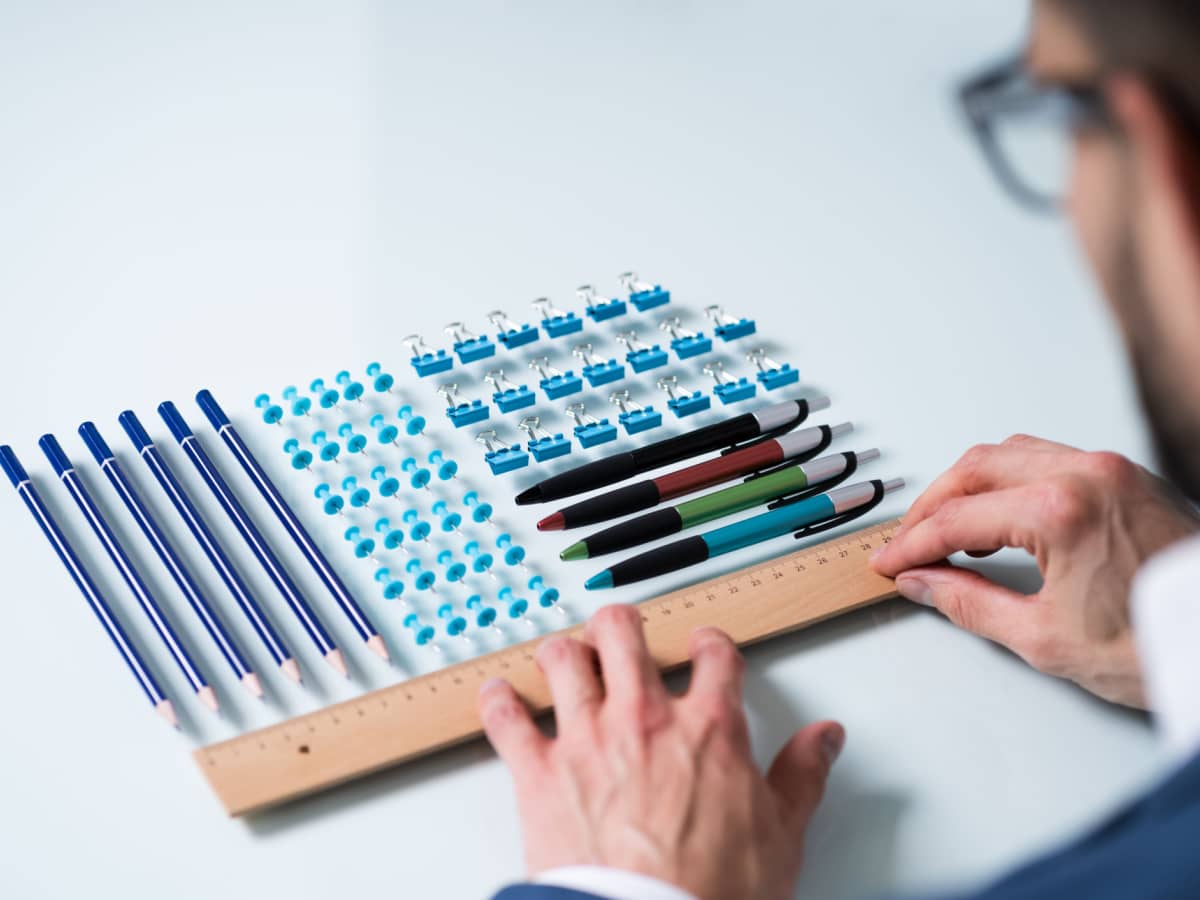Relationships with other people especially at work are the best and quickest means to find out who you are.
Excerpted with permission from Park Street Press a division of Inner Traditions International.

